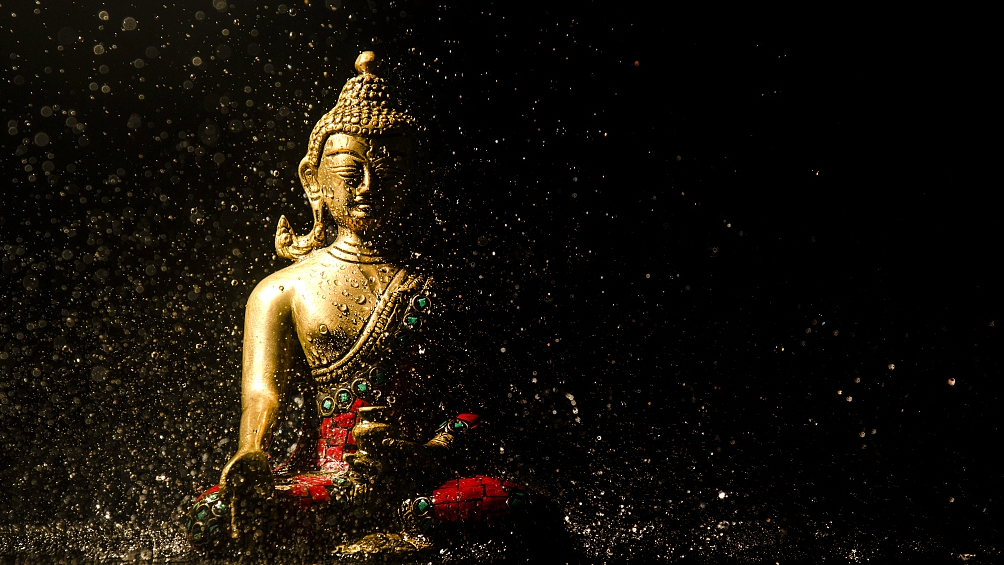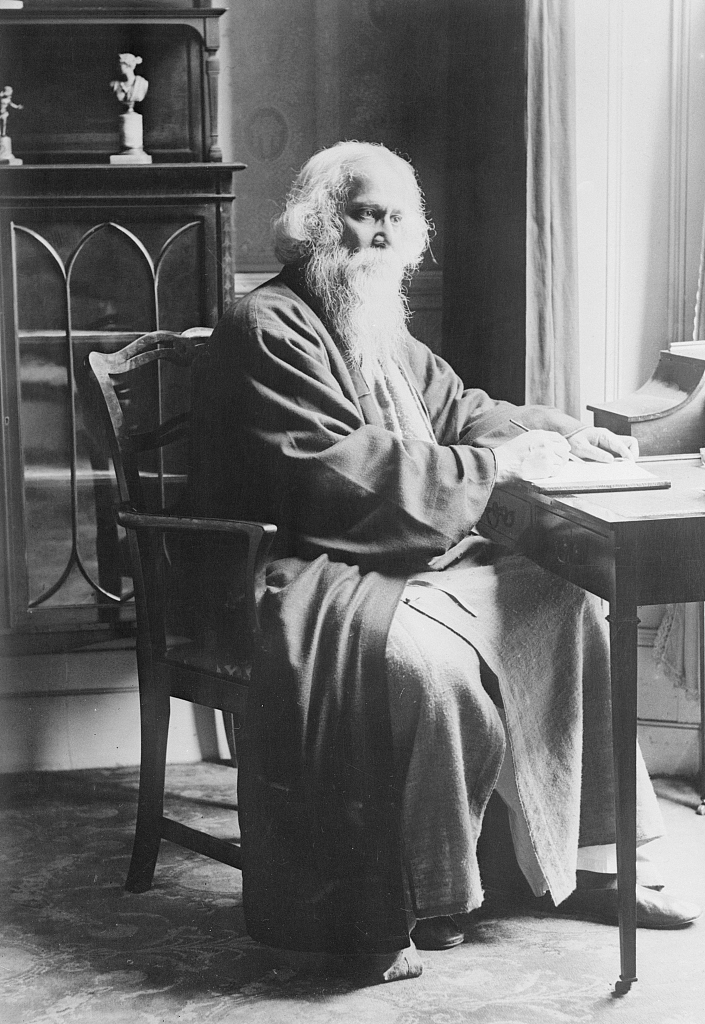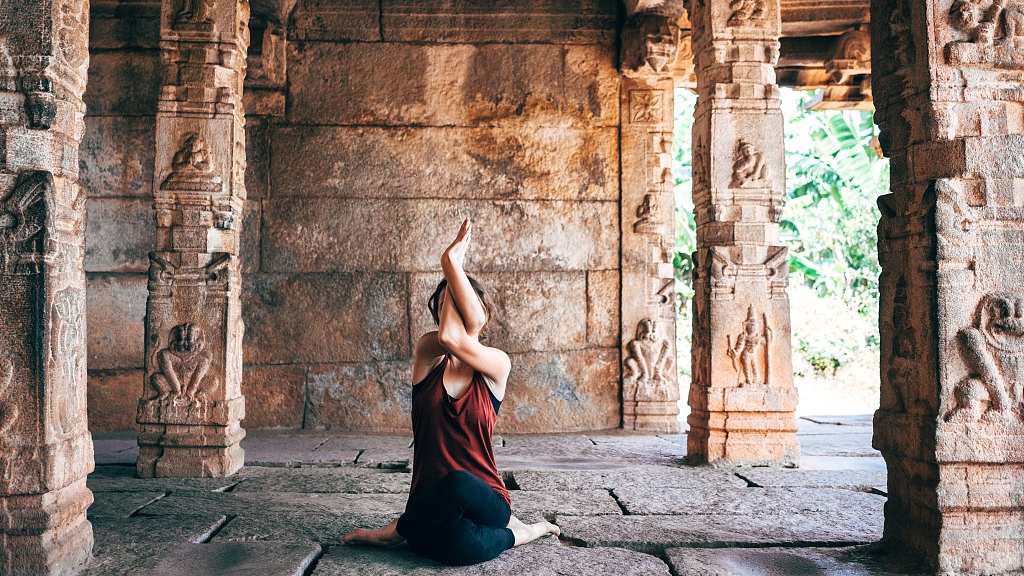China and India have long held important positions in Asia and have a history of cultural exchange. In recent years, the two countries have deepened this aspect of their relations with exchanges in a variety of cultural fields including literature, film and travel.

Indians are holding water with hands. /VCG Photo
Indians are holding water with hands. /VCG Photo
History of cultural exchange
China and India are both ancient civilizations boasting a long history and rich culture. The earliest reference to India in Chinese historical documents is the "Records of the Historian" during the Han Dynasty (202 BC - 8 AD), known as "Shi Ji" in Chinese. According to the record, India was called "Sindhu" or "Tintu" at that time.
According to another book "The First Spring: The Golden Age of India," Buddhism originated in ancient India and spread through much of Asia. Historically, Buddhism was introduced to China around 57 AD - 75 AD, during the Eastern Han Dynasty, and has since been an important religion in China. It all shows that the cultural exchanges and influences between China and India have a long history.

A figure of Buddha in India. /VCG Photo
A figure of Buddha in India. /VCG Photo
The cultural tie between China and India is still influencing people in modern times. There are many Indian writers, artists and musicians are influenced by Chinese culture, with Rabindranath Tagore being one of the most famous ones.
Tagore was born into a well-educated family in Calcutta, India in 1861. He was a poet, philosopher, musician, artist, and the first Asian to win the Nobel Prize in Literature in 1913.

The first Asian to win the Nobel Prize in Literature, Rabindranath Tagore. /VCG Photo
The first Asian to win the Nobel Prize in Literature, Rabindranath Tagore. /VCG Photo
He visited China in 1924 and had a great friendship with Chinese writers. He also had a Chinese name "Zhu Zhendan," which he mentioned multiple times in his book.
While visiting China, Tagore once said, "I do not know why coming to China seems to me like returning to my native soil. I always feel that India has been one of China's extremely close relatives, and China and India have been enjoying time-honored and affectionate brotherhood."
Like many other parts of the world, China has been influenced by yoga, a physical and spiritual practice that originated in ancient India.

A woman is doing yoga in India. /VCG Photo
A woman is doing yoga in India. /VCG Photo
Yunnan Minzu University, located in Kunming, the capital city of Yunnan Province in southwest China, founded Sino-Indian Yoga College, the first yoga college in China. Students here have the opportunity to go to India to learn the practice of yoga.
Yoga can help to relieve low back pain and stress, and also has a meditative and spiritual core. With millions of practitioners and more than 10,000 main yoga schools nationwide, China is transforming into another yoga superpower.
Cover image designer: Li Wenyi